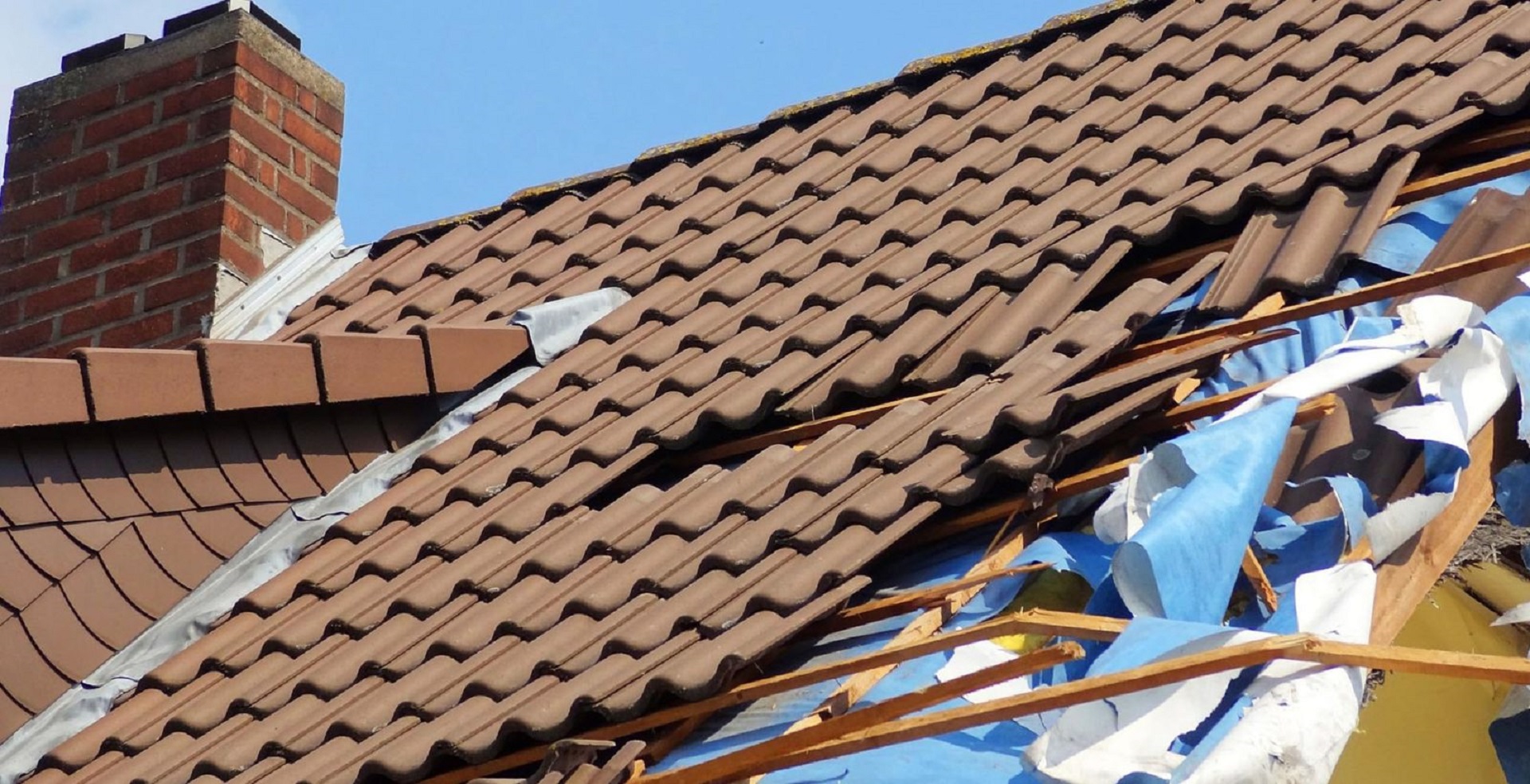William Taylor
...Helped Me Through Insurance Sandbagging...
Peter helped me when the insurance significantly sand bagged my claim. He kept me informed regularly as the process moved along. I highly recommend Peter Diiorio.

Hurricane claims are the result of a rotating, low-pressure weather system. According to the National Oceanic and Atmospheric Administration, hurricanes are tropical cyclones with sustained winds of 74 mph or greater. Hurricanes are “rated” from one to five based on the hurricane’s intensity at the time of landfall. Katrina was the costliest hurricane on record, causing $65 billion in insured losses in 2005, or $98.7 billion in 2022 dollars. A hurricane can cause wind and flood damage to your home. While the wind damage is generally covered, if you have not purchased additional flood insurance, the water damage to your home may not be covered. Because of this, it is important that you know exactly what your homeowner’s insurance covers.

Homeowner claims are the same as first-party insurance claims. When your home is damaged by water, hail, wind, fire, theft, or vandalism, your insurance company has an obligation to pay you a fair amount for your damages.

Tornado claims can encompass devastating damage to your home. A tornado is a rotating, funnel-shaped cloud that begins with a thunderstorm and gathers wind speed, up to 300 miles per hour. In the past, the path of a tornado has reached in excess of one mile wide and 50 miles long. A tornado can develop so rapidly that there is little advance warning which can lead to loss of human life. According to Storm Aware, tornadoes cause as many as 70 fatalities each year in the United States, along with 1,500 injuries.

Fire claims cover damage to homes as a result of a house fire that begins inside the house or as the result of a wildfire. Insurance companies will often investigate a fire claim to ensure it was not started intentionally. According to thezebra.com, the top three causes of residential fires are cooking (50 percent), heaters (12.5 percent), and electrical malfunctions (6.3 percent). A home fire occurs across the United States every 87 seconds, and Thanksgiving is the peak day for cooking fires—often due to “frying” a turkey or leaving the turkey in the oven too long. In less than five minutes, the heat from a house fire can reach more than 1100 degrees, with home fires being most common in the fall months.

Bad faith claims occur when an insurance company deliberately attempts to avoid payment on a legitimate claim. Any tactics employed by an insurance company with the specific goal of avoiding a contractual obligation is considered an act of bad faith. Misrepresentation of contract terms or language, denial of a claim without a reasonable basis, or an unreasonable delay of a claim are all forms of bad faith. If your insurance company is engaging in bad-faith tactics, it can be extremely beneficial to have an experienced Louisiana insurance claim lawyer from Gulf Coast Insurance Attorneys to advocate for your rights.

First-party insurance claims are those between you, the policyholder, and your insurance company. You have a contract in the form of your policy—you pay your monthly premiums, and your insurer has the obligation to pay legitimate claims. Therefore, if a fire damages much of your home, your insurance company should pay for your damages, both those to your home as well as damages to the contents of your home. You should be compensated according to your policy, although many insurance companies may attempt to delay, deny, and devalue your claim.

Other Types of Claims may include windstorm damage, vandalism, damage from trees falling, and flood damage. Flood damage is rarely covered under a standard homeowner’s insurance policy, so you will need to purchase separate flood insurance, sometimes through FEMA. Even when your insurance policy includes flood insurance, you may be required to pay a separate deductible.
There are many insurance companies that sell homeowner’s insurance, although some insurers are leaving states that have a high volume of severe weather and resulting claims. While any insurance company can refuse to pay a legitimate claim, some are more likely to do so than others. Some insurance companies used by Louisiana residents include:
Peter helped me when the insurance significantly sand bagged my claim. He kept me informed regularly as the process moved along. I highly recommend Peter Diiorio.
If someone has been wronged by an insurance company, or has an insurance problem they can’t handle, Mr. Diiorio works tirelessly to solve that problem. Mr. Diiorio knows what is most important to his clients – “how much” and “when” – and pursues recoveries with that foremost in his mind. Mr. Diiorio’s career has focused on helping individuals and families whose homes have been damaged by hurricanes, floods, tornados, and fires.
meet peterYou may wonder whether you actually need a Louisiana insurance claim lawyer. In fact, those who are legally represented virtually always obtain a bigger settlement for their homeowner’s claim—and they get it faster, and with much less hassle. In particular, if your claim is complex, has a high dollar value, or has already been denied, delayed, or undervalued by an insurance company, then you definitely need an experienced Louisiana insurance claim lawyer from Gulf Coast Insurance Attorneys. We ask for no money upfront and understand exactly what you are going through during this difficult time. Your attorney can likely negotiate a larger settlement than you could on your own and can help when you are dealing with a lowball settlement offer that will not even begin to cover the damages to your home.
Insurance companies are primarily concerned about their financial bottom line. If they can short most of those who file a claim, it’s better for them. Delay tactics can be used to make policyholders give up and accept what the insurance company offers even when it’s much too low. Because policyholders generally need the settlement desperately, delay tactics can be very effective from the insurer's point of view.
If you're meeting with a Louisiana insurance claim lawyer it may be important to consider asking questions related to their experience with insurance claims and bad faith insurance, as well as the type of results they have gotten in the past and how they can specifically help you with the problem you are facing.
More FAQs